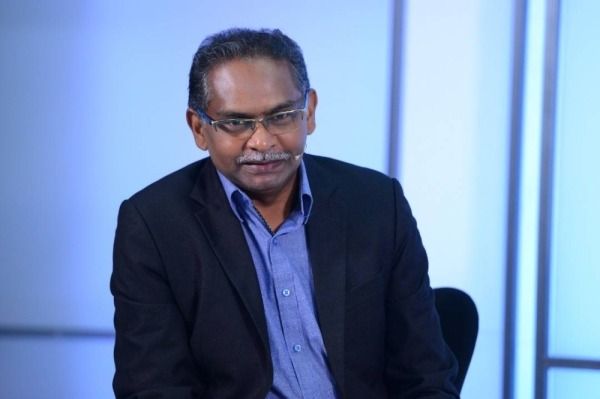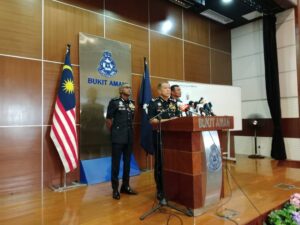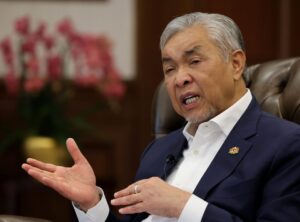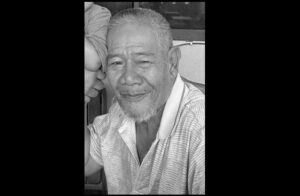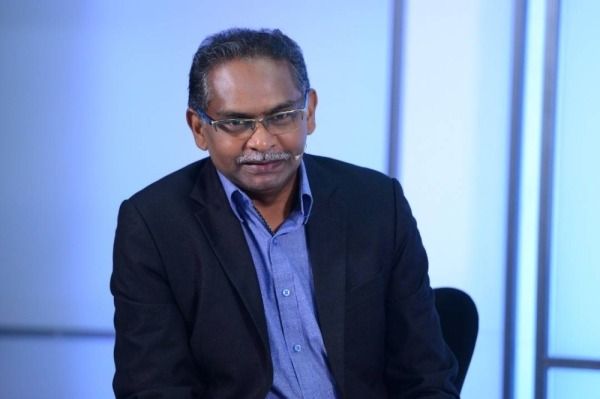
KUALA LUMPUR: In an era when most people skim headlines on social media, former journalist and editor Dr G. Manimaran still flips through printed pages – not one but 10 newspapers daily.
For the past 30 years, the 58-year-old media consultant and political analyst has spent over RM7,000 annually on print publications, a habit many might consider excessive in the digital age. But to him, it is a worthwhile investment in knowledge.
“I don’t see it as a waste of money. Some say you can read news online for free, but not everything is available on portals. Many insights, especially detailed reports or archives, are still best found in print,” he told Bernama when met at his home recently.
Growing up in Paloh, a small town in Kluang, Johor, Manimaran’s hunger for knowledge began early. As a primary school pupil, he would save pocket money to buy a newspaper, then priced at 50 sen, a hefty sum for a child.
“When I was working as a journalist and editor, I would read at least six newspapers a day to keep up with developments and because of the competitive nature of news reporting,” he said.
Today, he subscribes to 10 Malay, English and Tamil dailies, costing him about RM600 a month, and adds Chinese papers (solely for archiving purposes as he does not read Mandarin) during major national events such as general elections or budget announcements.
More than just reading material, newspapers are part of his identity and professional toolkit. His home houses a personal library stacked with archived clippings, election reports and books. Even while on vacation, he catches up on every paper he missed upon returning.
“I cut and keep clippings of important stories, especially on politics and policy. When I need to refer to something, I don’t have to search online as I already have it. This habit has helped me immensely in writing and analysis,” he said.
Manimaran has written three books, including one co-authored with former Election Commission chairman Tan Sri Abdul Rashid Abdul Rahman titled “Pilihan Raya Demokrasi Malaysia: Tanding, Pilih, Menang & Tadbir”, completed in just three months during the Covid-19 lockdown.
Three more books are expected in the coming months.
His love for news was shaped in his youth, watching wayang pacak – outdoor screenings by the Information Department in the 1970s and 80s that entertained and informed rural communities.
That early exposure, coupled with a fascination for current affairs, led him to a Communication degree at Universiti Kebangsaan Malaysia (UKM), an internship at Bernama and a journalism career with Utusan Malaysia in 1991.
“Years of reading, archiving and analysing news naturally shaped my path into becoming a media consultant and analyst. It’s all connected,” he added.
Manimaran acknowledges the challenges facing print media but remains optimistic – provided the industry reinvents itself.
“The role of newspapers today should not just be about breaking news as people get that online instantly. What’s needed is value-added content, insightful analyses and exclusives,” he said, likening it to how traditional kopitiam outlets blend familiarity with innovation to survive.
“Maybe someday we will read news on our smartwatches, or newspapers may be printed in A4 format, which I have seen in Cambodia in 2006. But the core, credible journalism, must stay,” he said.
While his vast collection of clippings is yet to be fully digitised, he has started passing on the habit to his 10-year-old daughter, encouraging her to embrace the same reading routine that fuelled his lifelong passion.- Bernama
